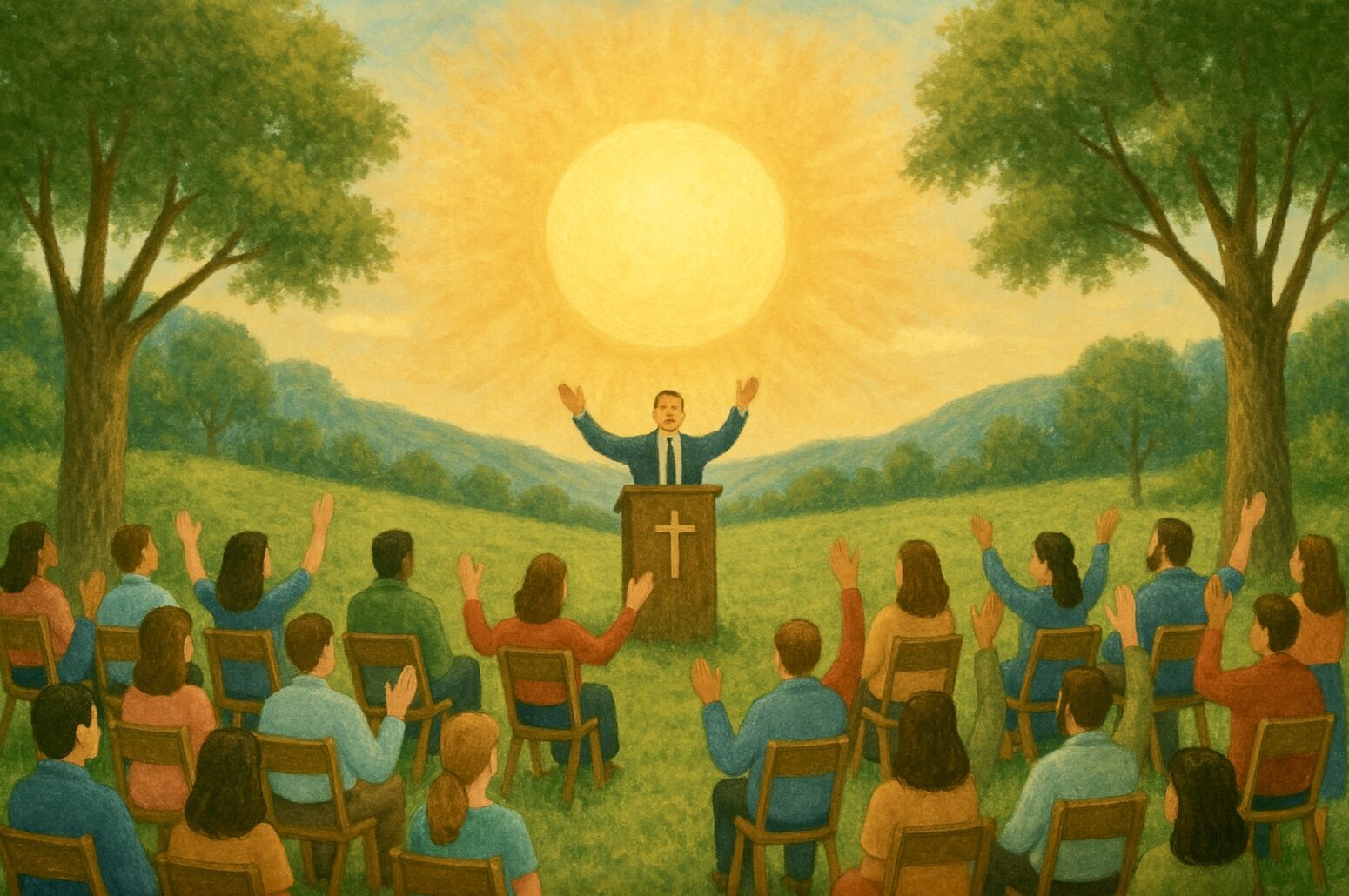
We are witnessing a steady momentum toward elevating Sunday as the official day for weekly rest. For those watching closely, this agitation signals a deeper push toward unifying society under a common rest day, not merely by tradition, but by legislation.
Parade is a long-running American newspaper magazine that features celebrity interviews, lifestyle articles, health tips, and other pop culture news. On March 23, 2025, Parade published an article titled “The Perfect Sunday Reset Routine To Rest, Recover, and Recenter” and emphasized how Sunday is the universal day for setting up a rest routine. This means, according to the media, that we must intentionally take time off on Sunday for unwinding, recharging, and replenishing our mental, physical, emotional, and spiritual health.
Parade published the following about embracing Sunday rest to prevent burnout and stress:
• “Sundays are a designated day for resting, recovering and resetting for the new week ahead. Out of all of the days in the week, Sundays serve as a universal pause button, giving us the chance to slow down and set the tone for the week. The best part about a Sunday reset routine is that it is the antithesis of hustle and bustle—the perfect end-of-week schedule encourages slowness and self-care.” [1]
• “Having a Sunday reset routine that fills your cup is a secret weapon in battling against impending burnout and stress.” [1]
• “A Sunday reset is a routine that allows folks to rejuvenate, refocus and prepare for the upcoming week—no matter what they have in store.” [1]
In Christian societies, Sunday has historically been a day of rest and worship, and this is due to a misapplication and misuse of the biblical concept of Sabbath rest. The true Sabbath, as established in the Bible, falls on the seventh day of the week, Saturday, not Sunday. This is sacred time instituted at creation and reaffirmed in the Ten Commandments, meant for worship, rest, and spiritual reflection.
On the other hand, Sunday was mandated by law to promote rest on the first day of the week. This comes from human tradition imposed through civil legislation rather than divine instruction. Seventh-day Adventists view such laws not only as a distortion of biblical truth but also as a concerning merger of church and state, infringing on religious freedom and paving the way for coercive spiritual conformity.
Sunday is once again being agitated in society as a solution to mounting global crises—climate change, mental health struggles, economic instability, and the relentless pace of modern life. In various sectors, from religious institutions to mainstream news media and labor unions, there is a growing call to re-establish Sunday as a universal day of rest. This renewed focus is more than cultural nostalgia; it is laying the groundwork for broader, more formal measures that will enshrine Sunday rest into state and federal law.
“The dignitaries of church and State will unite to bribe, persuade, or compel all classes to honor the Sunday. The lack of divine authority will be supplied by oppressive enactments. Political corruption is destroying love of justice and regard for truth; and even in free America, rulers and legislators, in order to secure public favor, will yield to the popular demand for a law enforcing Sunday observance” (Great Controversy, p. 592).
Sources
Leave a Reply